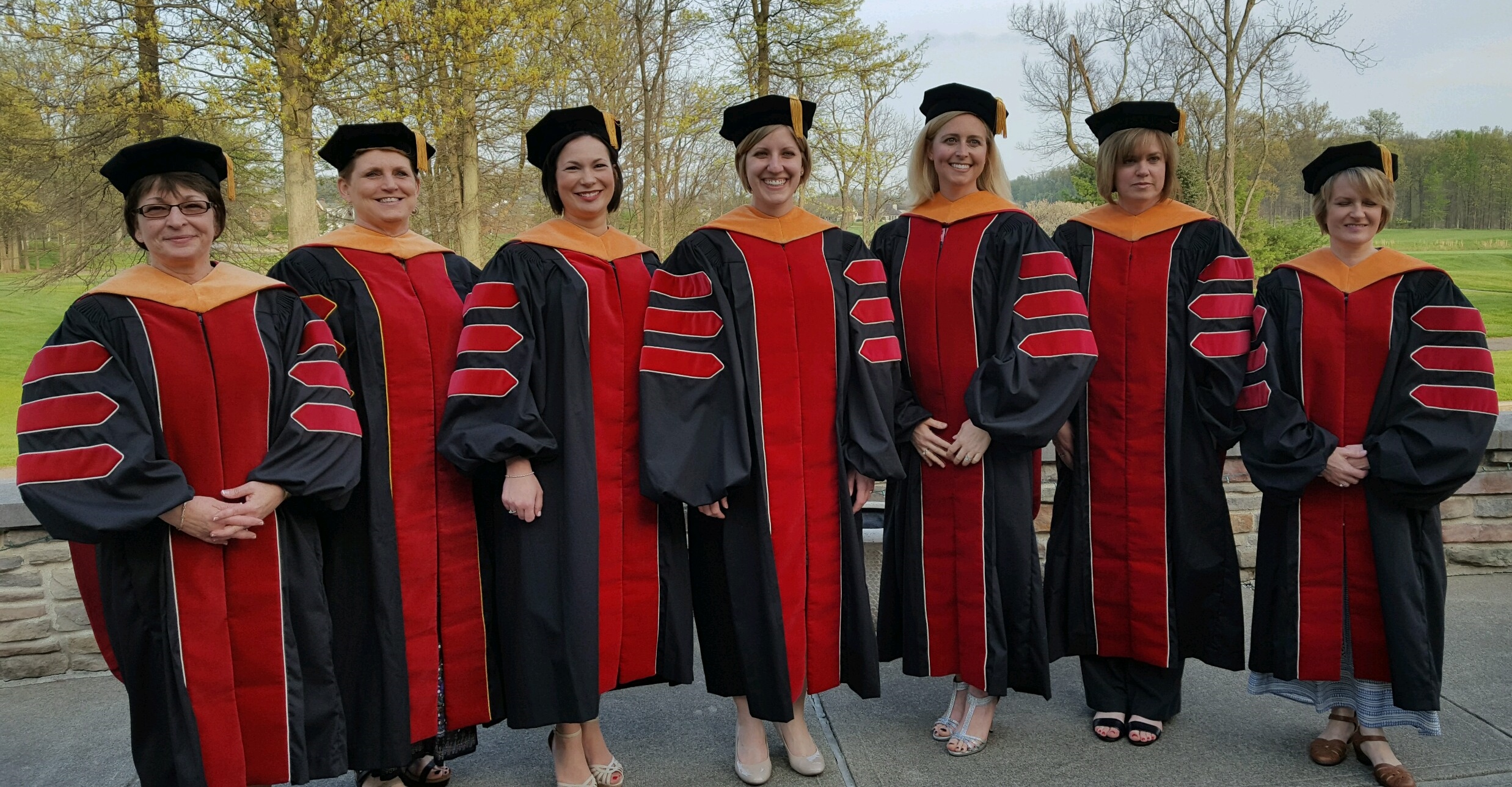Date of Award
Spring 4-30-2016
Document Type
Project
Degree Name
Doctor of Nursing Practice (DNP)
Department
Nursing
Advisor
Dr. John Chovan
First Committee Member
Dr. Regina Prusinski
Second Committee Member
Dr. Jason Bisping
Keywords
Nonepileptic, Psuedoseizure, Psychogenic, Nursing, Perception, Cognitive Behavioral Therapy
Subject Categories
Cognitive Behavioral Therapy | Medicine and Health Sciences | Nursing | Other Psychiatry and Psychology | Psychiatric and Mental Health | Psychiatric and Mental Health Nursing
Abstract
Patients with psychogenic nonepileptic spells (PNES) have generally poor outcomes and many fail to engage in evidence-based treatments (Thompson et al., 2013). Negative healthcare provider perceptions have been implicated as a barrier to patient engagement in treatment recommendations for PNES (Whitehead, Kandler, & Reuber, 2013; Worsely et al., 2011). Illness perception of these patients has been evaluated from the perspective of physicians in multiple settings but perceptions by nurses are not well studied despite the close interactions that nurses have with these patients.
This project used Pender’s health promotion model to collect information about the nursing experience with patients with PNES at one facility. Using a quantitative translational design, 51 inpatient neurology nurses at Grant Medical Center in Columbus, Ohio were surveyed using the Illness Perception Questionnaire-Revised (IPQ-R) and a 21-item questionnaire previously used to assess physician knowledge and perceptions of PNES. After establishing existing nursing perceptions and knowledge, a brief education intervention was implemented. The questionnaires were administered pre- and post-intervention to evaluate if a brief education intervention can influence nursing knowledge and perceptions regarding patients with PNES.
This project revealed that the neurology nurses at GMC held many misconceptions and poor perceptions about PNES and nurses had a low level of self-perceived competency in caring for patients with PNES. After the intervention, nurses demonstrated improved knowledge, perceptions and self-perceived competency about the condition. This project indicates that a brief education intervention can influence nursing knowledge, perceptions and self-perceived competency. Further research is indicated to determine if improving nursing perceptions influences nursing behaviors that can promote patient engagement in treatment recommendations and thus improve patient outcomes.
Recommended Citation
Cramer, Amanda J., "Nursing Perception of Psychogenic Nonepileptic Spells: Improving Patient Outcomes" (2016). Doctor of Nursing Practice Scholarly Projects. 18.
https://digitalcommons.otterbein.edu/stu_doc/18
Included in
Cognitive Behavioral Therapy Commons, Other Psychiatry and Psychology Commons, Psychiatric and Mental Health Commons, Psychiatric and Mental Health Nursing Commons

